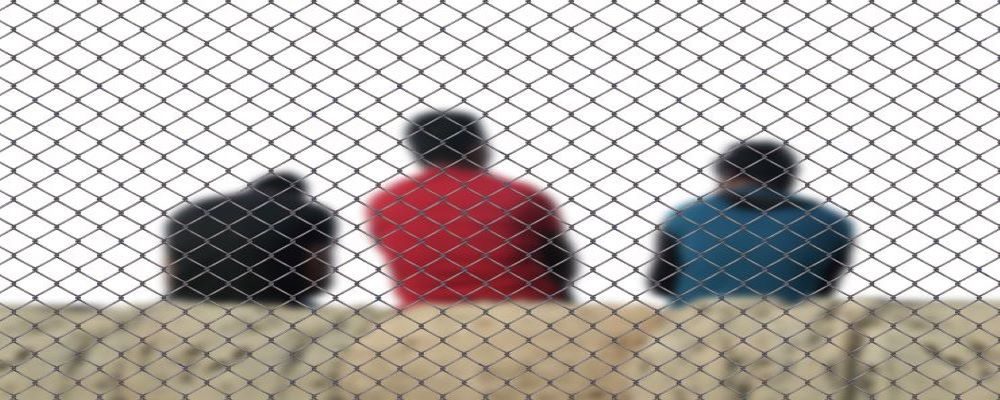Some Commonly Used Terms

Discretionary Leave to Remain
This is intended to cover situations where there are exceptional compassionate grounds or compelling reasons to grant leave to stay in the UK (e.g. medical grounds or human trafficking). Home Office guidance for staff states that this form of leave should be granted sparingly. A humanitarian crisis or emergency is an event of critical threat to the safety, health, security or wellbeing of a community or a large group of people.
Humanitarian Protection
This is a type of immigration status where a person is not at risk of individual persecution, but they would be at risk of serious threat or harm if they returned to where they are from because of general violence (e.g. war or internal conflict).
Human Rights
In line with broad international acceptance, the UN Refugee Agency defines this as the inalienable rights to which a person is entitled merely for being human. Human rights are built on underlying principles of universality, equality, and non-discrimination.
No Recourse to Public Funds
A condition imposed on people who are subject to immigration control in the UK whereby they are not able to claim most benefits and housing assistance that are paid by central government unless an exception applies.
Refugee
According to the 1951 Refugee Convention, a refugee is someone who is unable or is unwilling to return to their country of origin owing to a well-founded fear of being persecuted for reasons of race, religion, nationality, membership of a particular social group or political opinion. In the UK, a person is only recognised as a refugee by law if the UK government has issued them with refugee status documentation. Refugee resettlement The selection and transfer of refugees from a country in which they have sought protection to a third country which has agreed to admit them as refugees where they can rebuild their lives.10 7.Shortage occupation list A list created by the UK government setting out the posts where it considers there is a shortage of labour and will allow migrants (including asylum seekers) to work in these roles, subject to conditions including how long they have been in the country. Signing The process by which those who have applied for immigration status and who have not had a positive decision have to regularly report to their local Home Office reporting centre or a police station.11 Temporary refugee permission When the Nationality and Borders Act 2022 first came into law, temporary refugee permission gave a person only 30 months of leave to remain in the UK, with an option to settle (live permanently in the UK) after 10 years of lawful residence. As of July 2023, this type of permission was discontinued.





